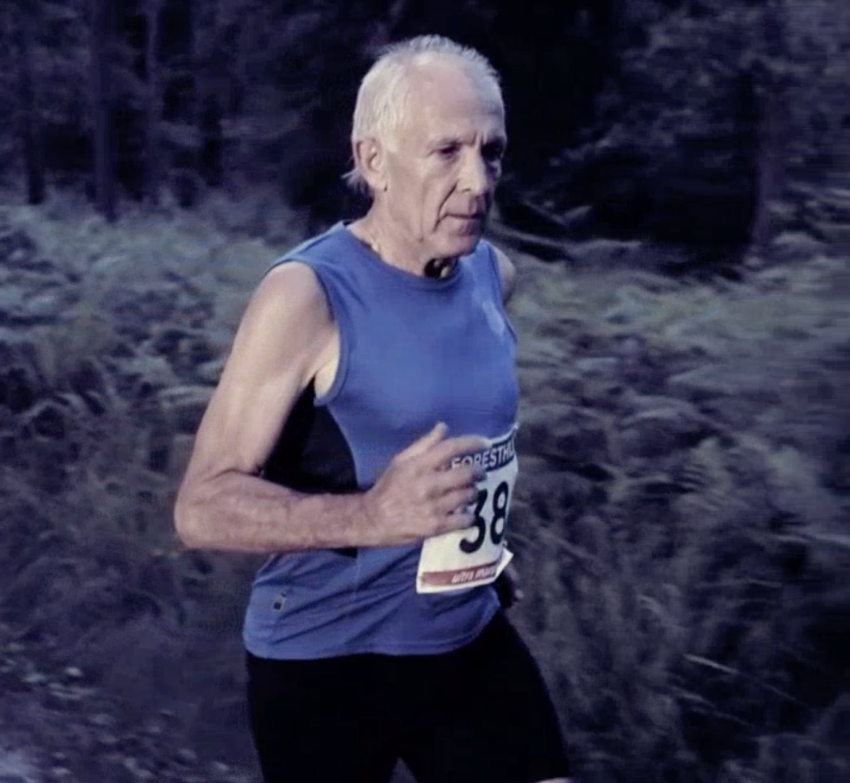
How To Be A Good Role Model To Your Child?
It’s said that we emulate those closest around us. By virtue, as parents this means being role models to our sporting children, teaching them important life lessons like; never giving up and learning from our mistakes.
So, with growing minds and flourishing personalities, how can we be mindful of our behaviours, and be the best possible role models for our children?
Be a proud parent
Somewhere between a pushy parent and a laid-back type, is the target to aim for. A proud parent that is encouraging of their child – neither forceful nor disconnected. For the benefit of your child’s wellbeing, positive support can go a long way. So, it’s important to show your child that you’re proud of them.
But note; the emphasis here should be on their efforts – not just their achievements. In sports science for instance, it’s widely acknowledged that recognising your child’s contribution and effort, is more important than praising their wins. Praising your child for taking part and putting in 100% effort in is the best kind of recognition you can offer. In turn, this tells your child that it’s ok not to always win, as long as you give it your all; and this can be detrimental to your children’s wellbeing and self-confidence as they grow older.
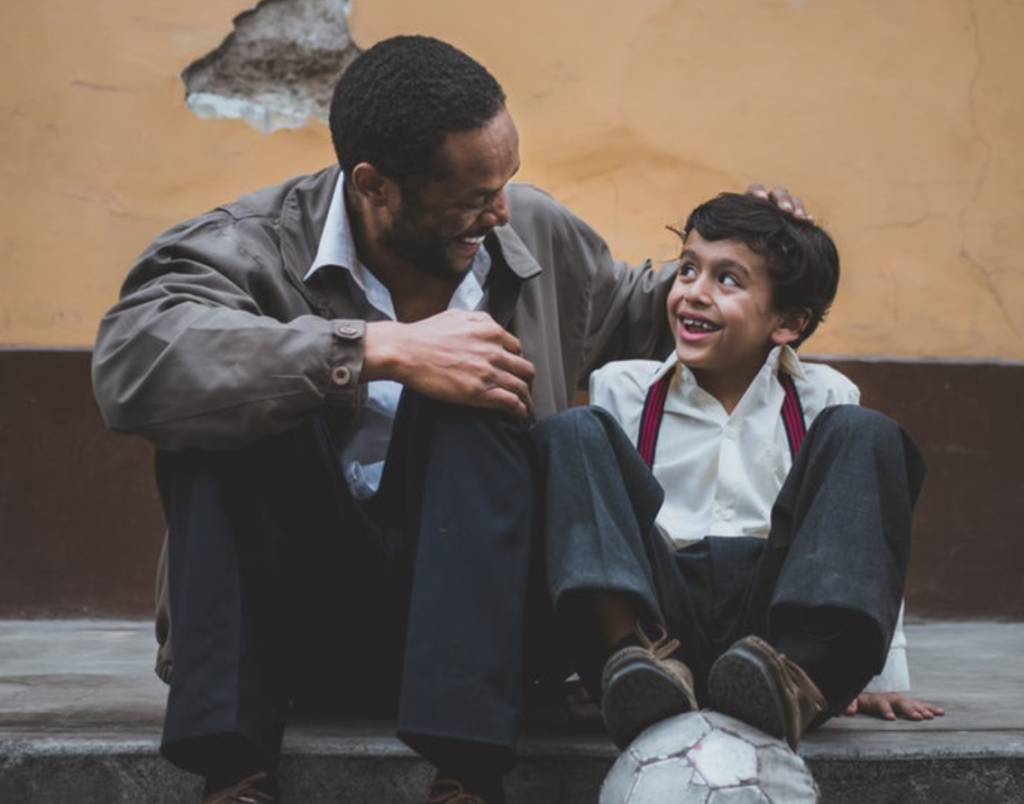
Nurture your relationship
One can be forgiven for taking this for granted, nonetheless, relationships need to be nurtured. It seems a given that parents have a strong relationship with their child, but like any relationship this needs to be nurtured. Playing with your child, enjoying exercise with kids, helping with their homework, being involved in their lives – these are the foundations to a respectful and happy relationship.
Learning to communicate effectively with your child takes time. It helps to remember that they too are individuals, with personal needs and fledgling personalities, that need to be nourished.
Imagery is a powerful tool that can be used in this process. Think about the sort of person you want your child to become. Think about how you can enable them to the best version of themselves, and work on it together.
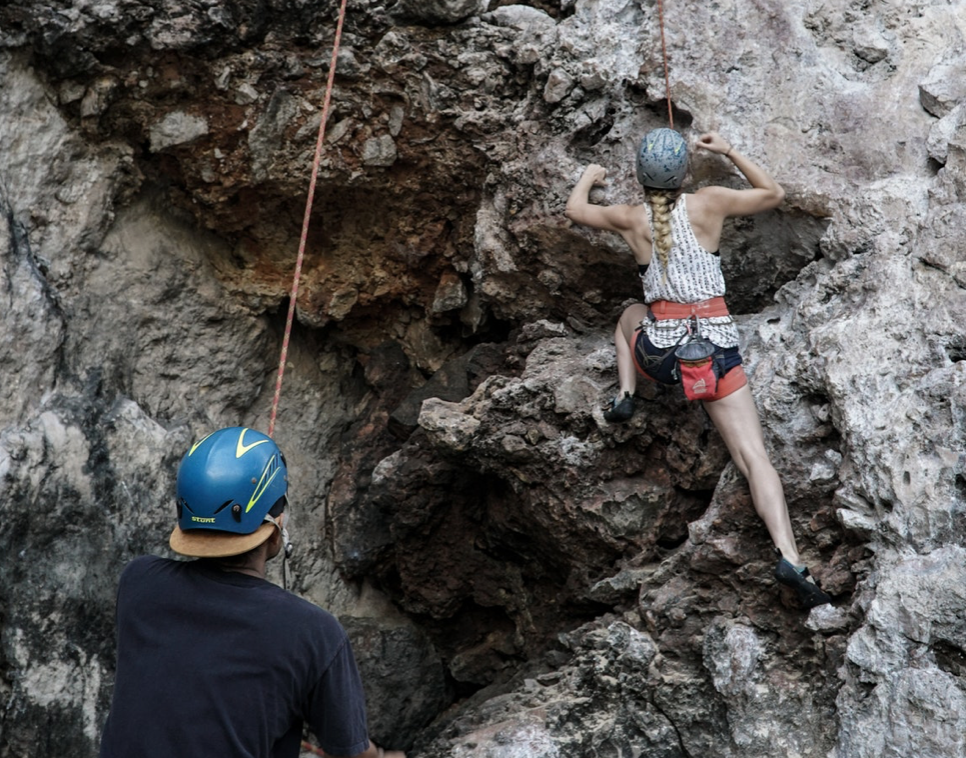
Be there
Being present is something we’re all guilty of. Thanks to technology we’re all constantly ‘on’, and it’s distracting from what’s in front of us.
Being a good role model means being present in every sense. It means listening to your child and interacting with them. Helping them with homework, teaching them to problem solve, and being there for them whenever they need it. But don’t be too hard on yourself, we are all work in progress.

Practice what you preach
Practice what you preach – keep in mind that if you’re telling your child to leave their mobile phone behind at the dinner table, you are of course doing the same.
It simply can’t be one rule for them and one for you – this is how you lose respect as a role model and build up resentment. In order for your child to take on your advice, you have to practice is too.

Healthy diet
A healthy balanced diet is paramount to your child’s development. Teaching them the importance of balanced diet will have life-long benefits, as they make a conscious choice about the food they eat.
Still not convinced? Government research found that parents are one of the greatest resources of a balanced diet for kids; the vast majority (79%) admit receiving nutritional education from their parents.
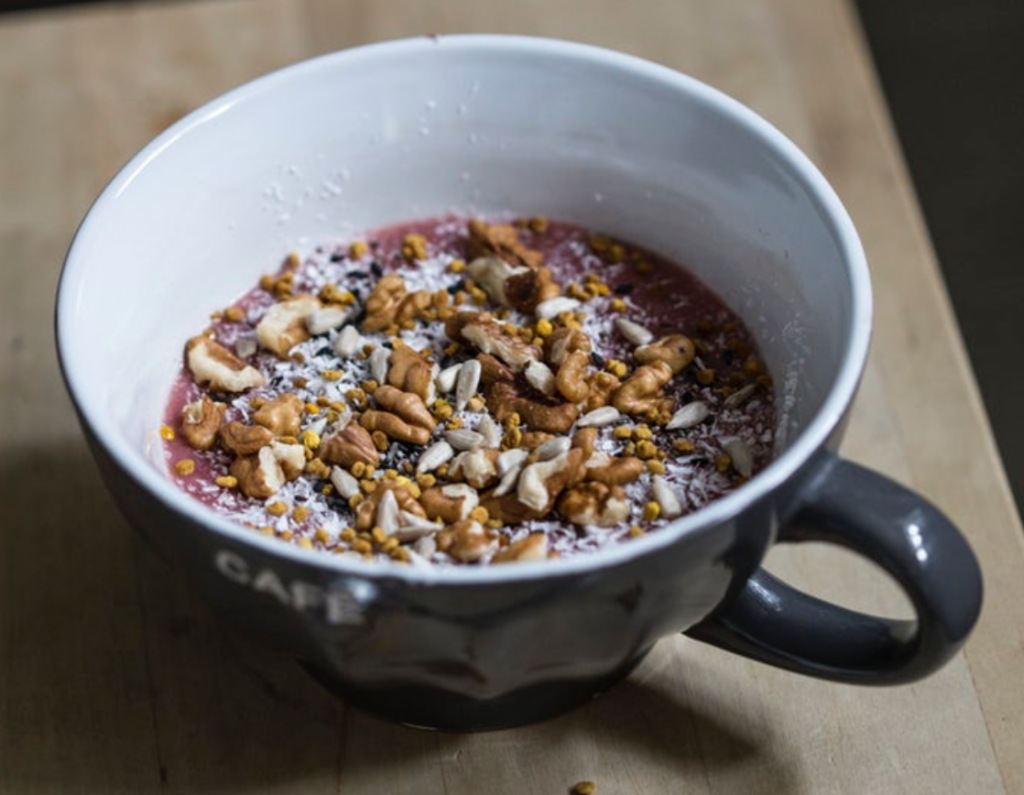
Keeping fit
We all know that plenty of exercise is important for your child’s development. According to the NHS, children and young people aged 5 to 18 years’ old should aim for at least an hour of physical activities for kids a day.
Parents play an important role in promoting and maintaining a healthy lifestyle. Find a sport that your child enjoys, or one that you can play together – keeping fit is a great way to bond as well.

Healthy outlook
It all starts with a happy mind. A positive attitude can be one of the greatest teachings you can pass on to your child. As a role model, the way you deal with anger, frustration, winning, losing, success and failure, will shape their understanding and behaviours too.
Knowing that children adopt learned behaviour, can make us more mindful of how we react in difficult and challenging situations.

Be the change
It’s never too late to review your parenting approach. As children get older, they have different needs to be met and different parts of our own personalities and depths are tested.
It’s easy to be self-critical; try to resist parenting guilt – we can’t always be right, we are still on a learning path ourselves.
Instead, identify the positive traits you want to role model. Perhaps you’re a natural leader and can pass on valuable management or listening skills to your child, maybe you’re both passionate about kid’s athletics – in which case focus your efforts on developing a strategy for getting more involved in the sport.
Think about how you can inspire your child; it doesn’t have to relate to your job, it can be anything from baking to building. Just showing how to channel a passion is a great life lesson to learn.
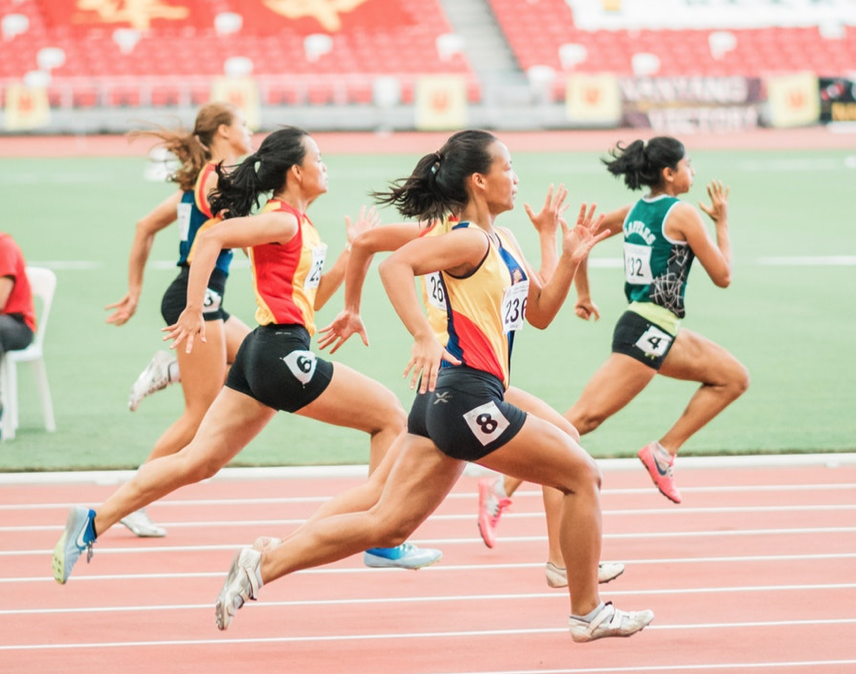
Be your best version
Understandably, it’s hard to keep emotions at bay at times. Developing self-control is something that every parent tries to master, but finds hard to achieve. After all, to err is human, to forgive is divine.
Which is why it’s mindful to remember that like us, children are still learning and evolving too.
Learning to forgive, and being conscious of the language used and tone of voice is important. Children pick up on the smallest of cues. To grow their confidence, to cease their potential, and to be the best role model you can be, these are small but sizeable learnings we can try and master, one day at a time!
Keen to unlock your potential as an individual or business?